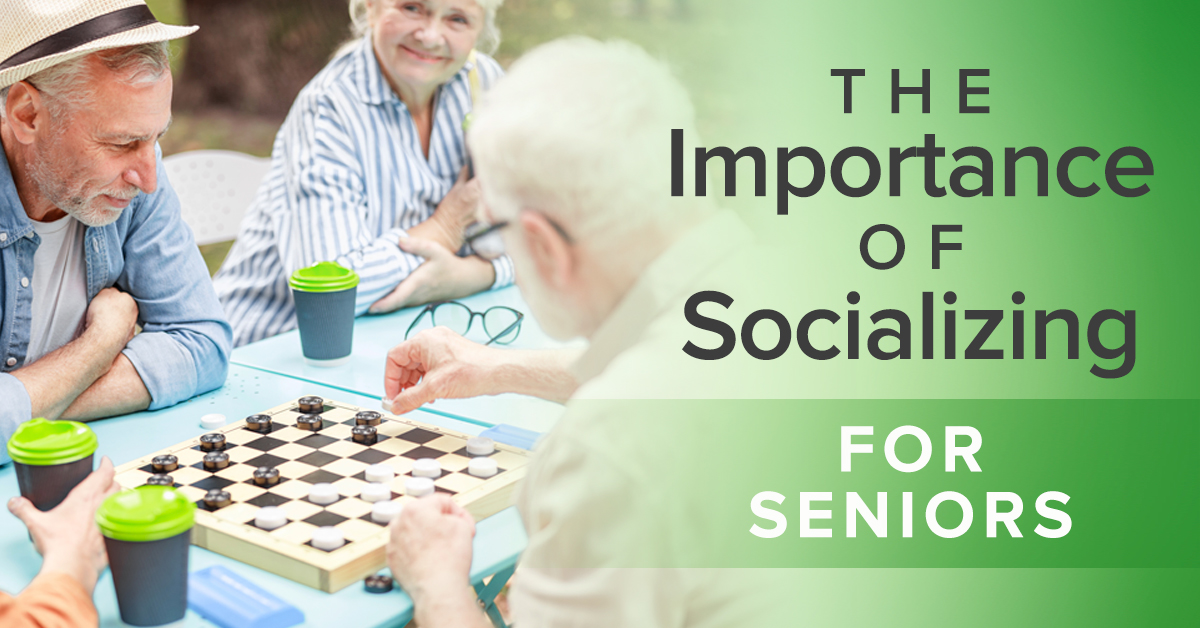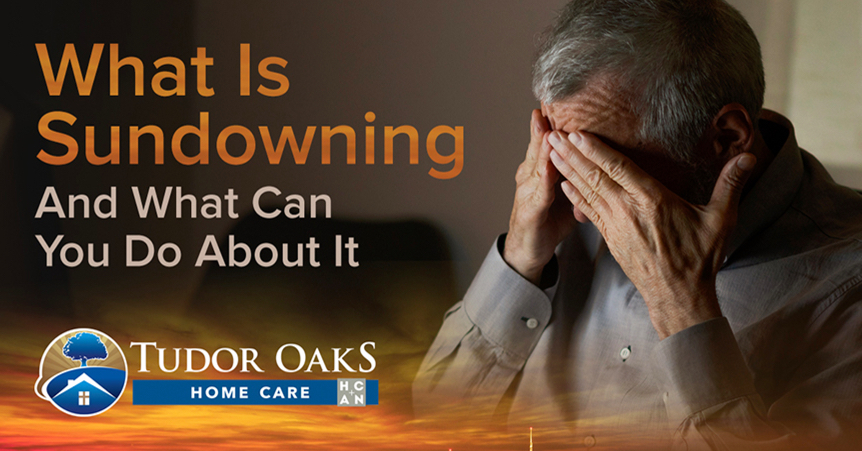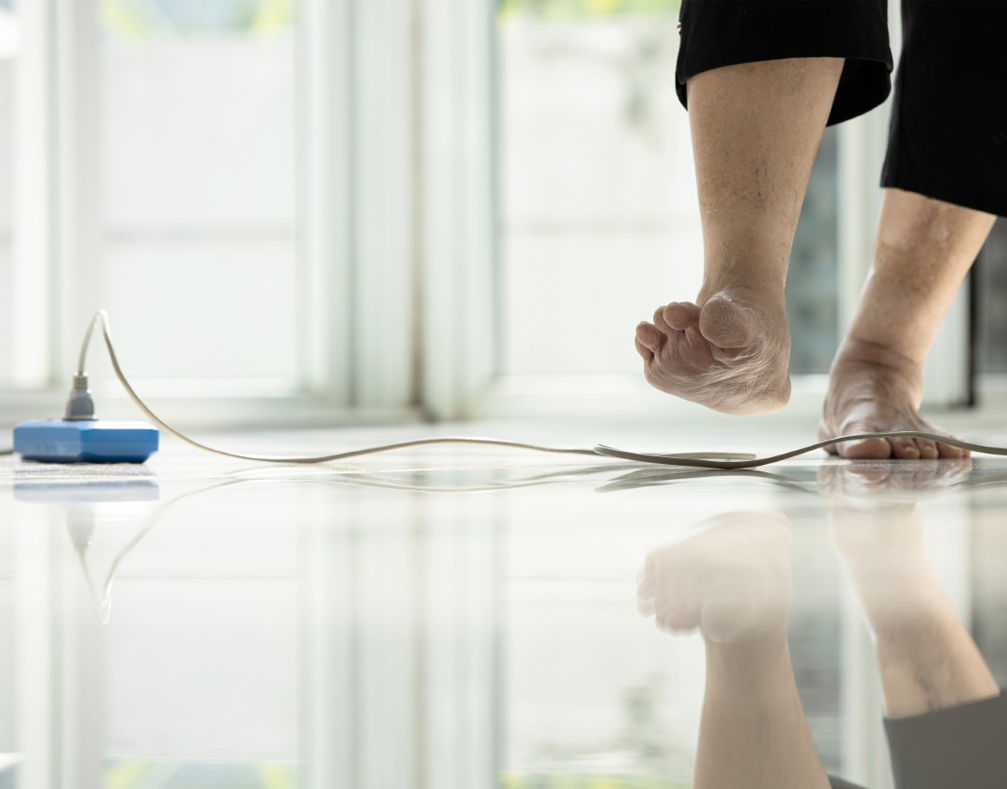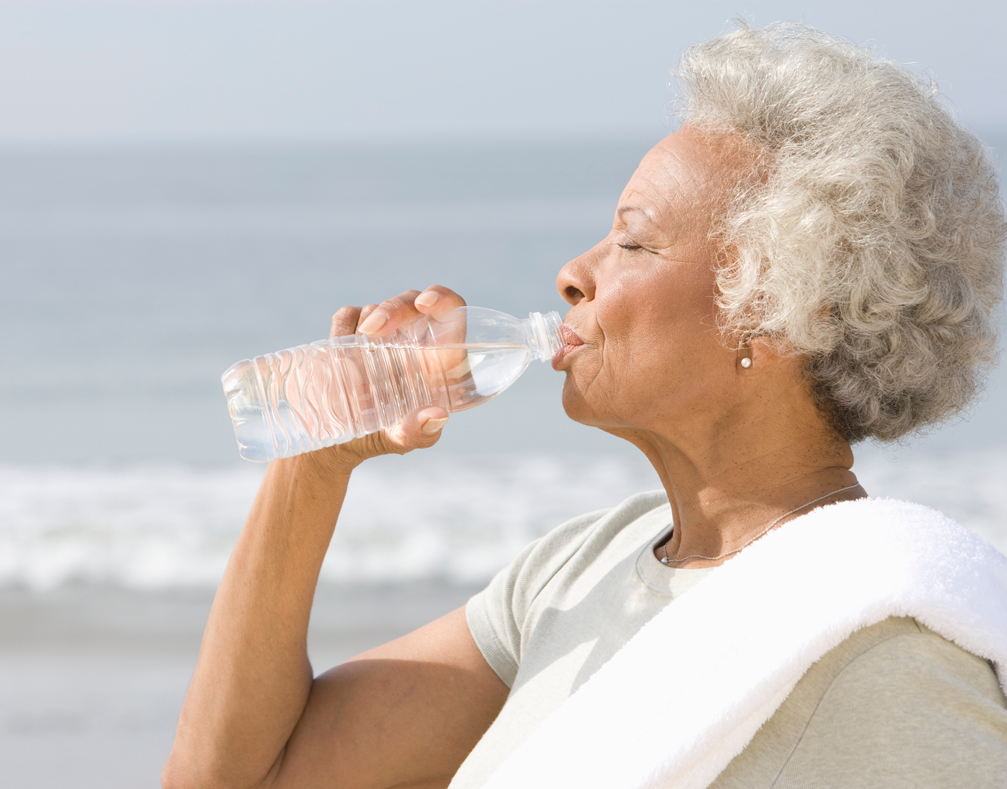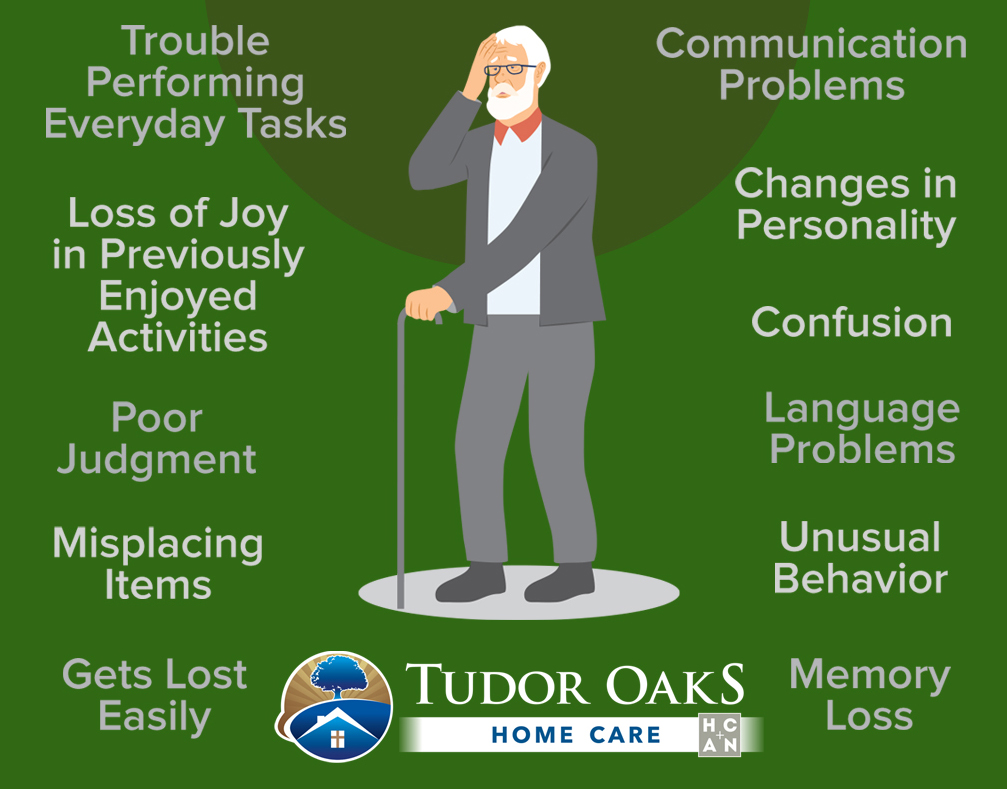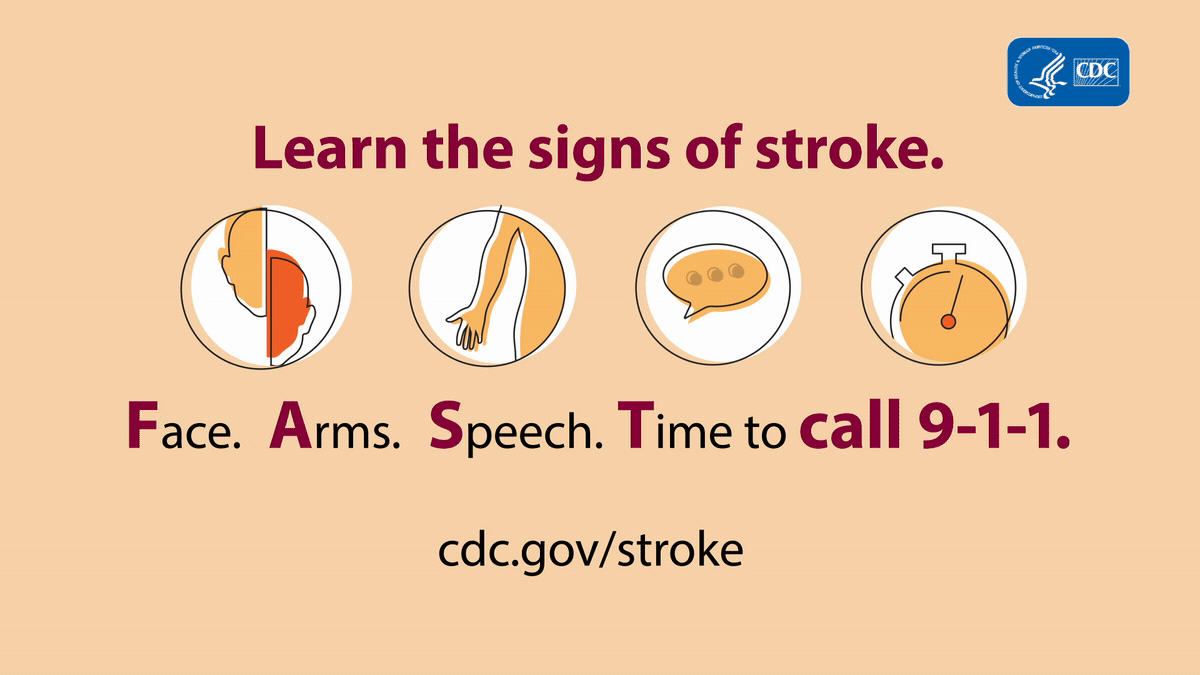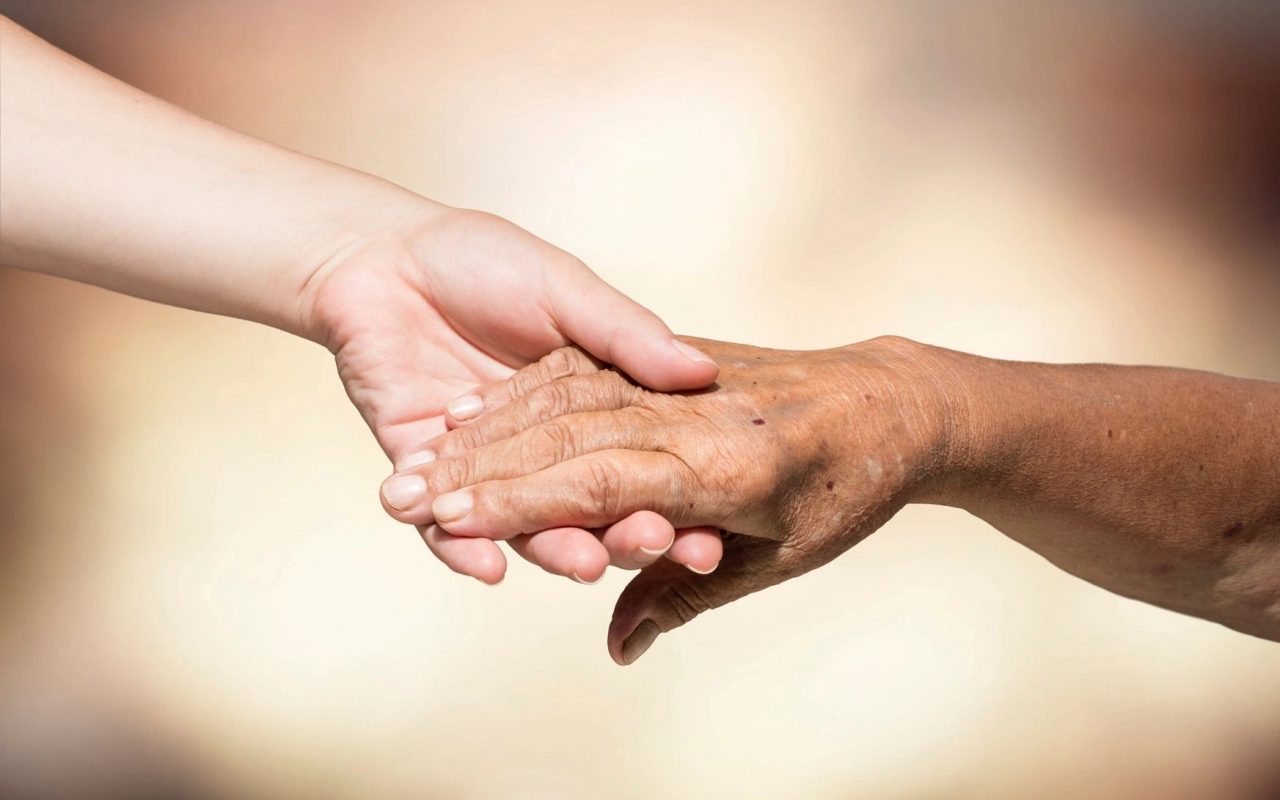Whether it’s playing a game of Scrabble with a grandchild or enjoying lunch with a best friend, there’s just something special about being around people you love.
“Socialization is important at any age, but it’s critical for older adults – especially for those who live alone,” said Sierra Goetz, co-founder and operations manager for Tudor Oaks Home Care’s partner, the HomeCare Advocacy Network (HCAN). “Research shows spending time with family and friends can boost a senior’s quality of life – including their physical and mental health.”
